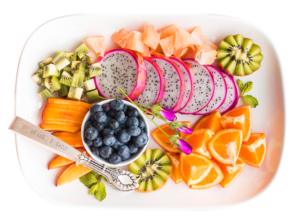
A provocative article from some of the most respected names in health and nutrition has a new claim, and Americans are not going to like it: we need to eat less than half an ounce of red meat a day…which translates to the equivalent of about one cheeseburger per week.
This new recommendation has health benefits for the body and the planet, both key facets as humans are living longer than ever. On an environmental front, the agricultural industry is responsible for almost 30 percent of all green house gas emissions globally. Most of that is from the production of red meat through the grain supply and water supple needed to raise the livestock. The human health benefits don’t come from just restricting red meat consumption. The report also recommends dairy and poultry consumption be heavily limited.
READ: SPAIN TO LEAD JAPAN IN GLOBAL LIFE EXPECTANCY, U.S. CONTINUES TO SLIDE
But it’s not just about limiting consumption. People also have to look at nutritional replacements to maintain a hardy health span. If when eating less meat, one consumes vast amounts of starch, sugars and white rice, then of course the meatless diet will yield less healthful results. Replacing the meat with legumes, fruits and vegetables is the route suggested.
In fact some studies show a plant-based diet could save over 11 million lives per year. Americans disproportionally suffer from cardiovascular disease which is linked to diets high in red meat and refined grains and sugar. One expert, Dr. Dariush Mozaffarian, states that eating “life giving foods” is the best way to protect one’s health.
READ: NEARLY HALF OF AMERICANS HAVE SOME FORM OF HEART DISEASE
The shift to choosing and eating more plant-based foods has grown dramatically in the US over the past few years and is expanding rapidly. The plant-based food industry is now at $3.7 billion and growing.
Overall, shifting our diets, mindsets and the trajectory of our planet seems to be on the rise. Lowering greenhouse gases and living longer, more healthy lives can’t be a bad thing. Are you game?
Find out more at about the impacts of a plant-based diet on the environment, here.










